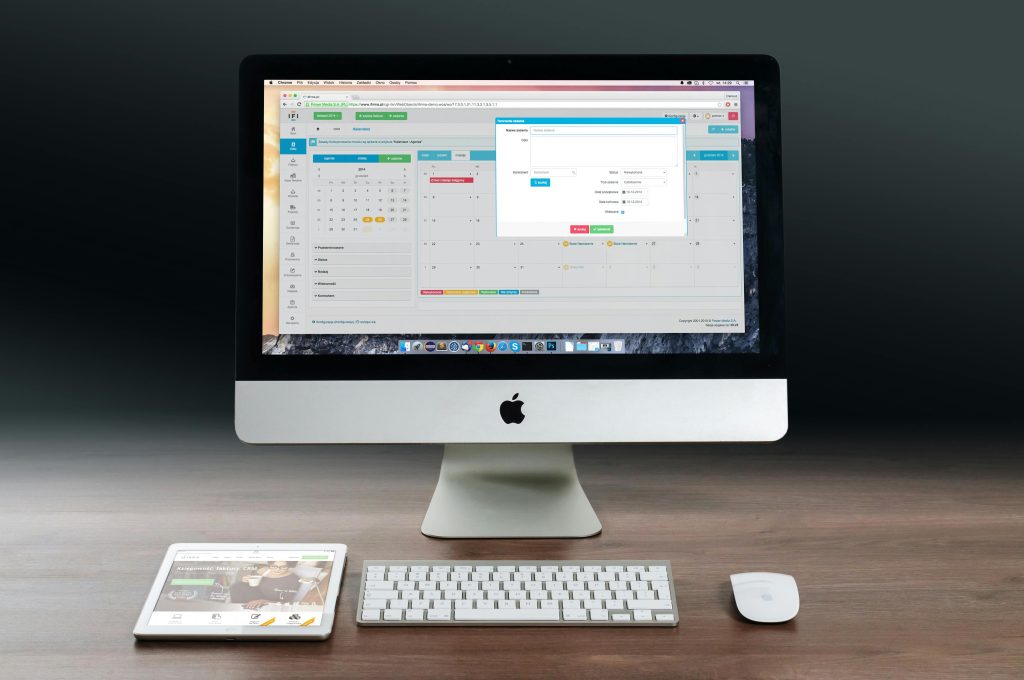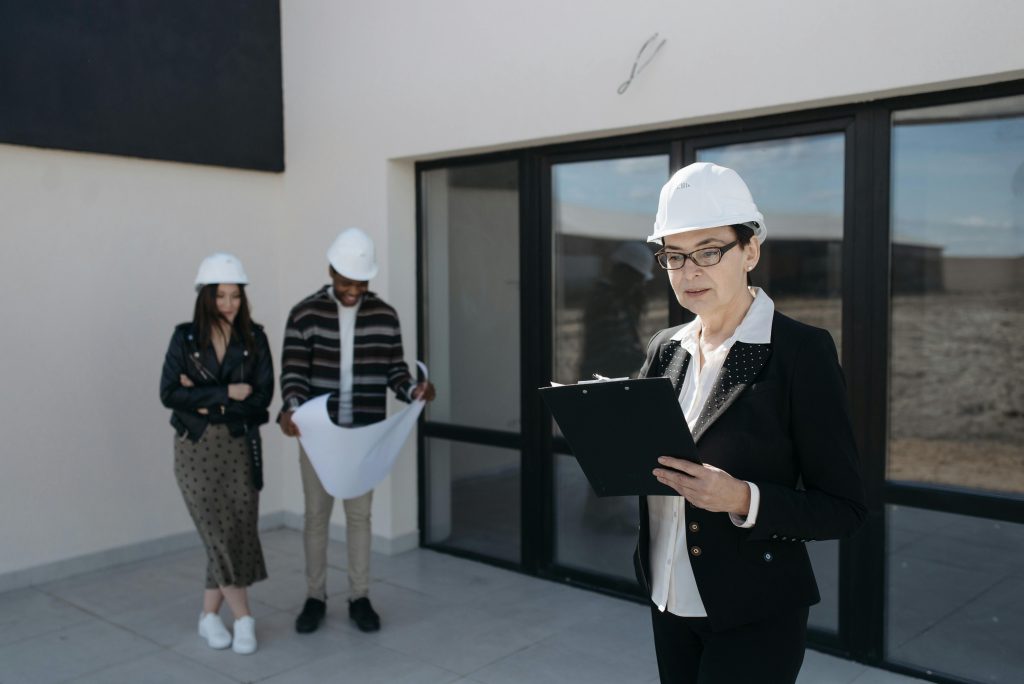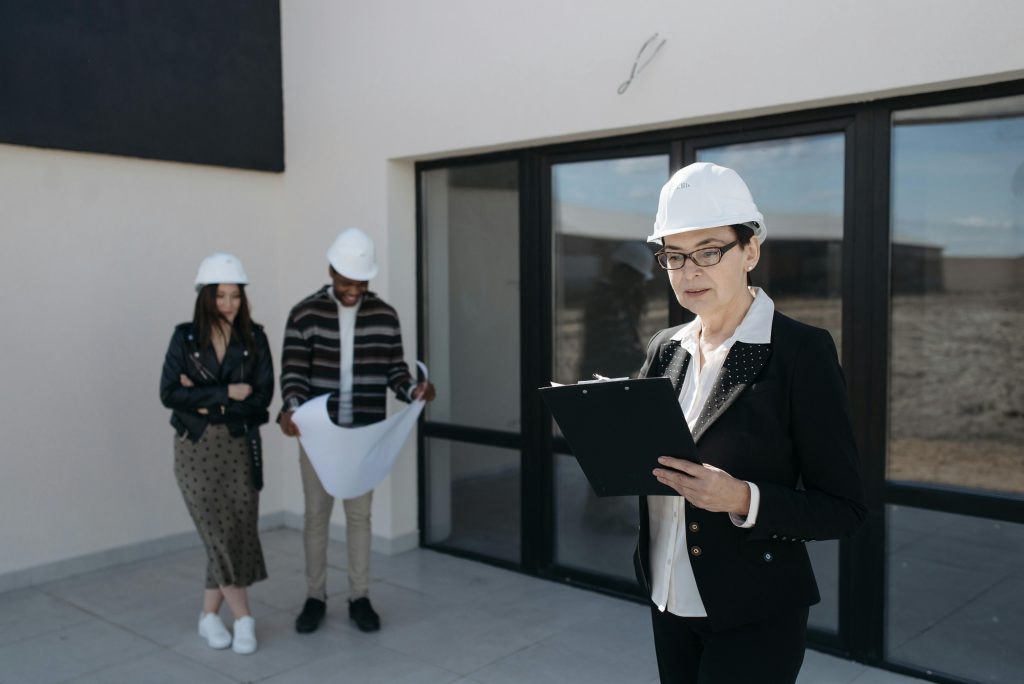Introduction
Managing rental properties can be rewarding—but it can also be chaotic. From tracking rent payments to handling maintenance requests and staying compliant with regulations, landlords and property managers face a constant juggle of tasks. That’s where local property management software comes in. Designed specifically for Australian landlords, agencies, and property investors, this software streamlines operations, improves communication, and ultimately saves time and money. In this article, we’ll explain what local property management software is, how it differs from generic platforms, and the key features that can simplify your day-to-day property management tasks.

What Is Local Property Management Software?
A Smart Tool Built for Australian Landlords and Managers
Local property management software is a digital platform that helps streamline the administrative, financial, and operational tasks associated with managing rental properties—tailored specifically to the Australian real estate market.
Unlike global platforms that may not support local laws or financial practices, local solutions are designed to:
- Comply with Australian tenancy laws
- Integrate with local banking and accounting systems
- Use familiar terminology and workflows relevant to Aussie property managers
- Provide localised support and customer service
This makes it an essential tool for everyone from solo landlords with a handful of rentals to large agencies managing hundreds of properties.
How Local Property Management Software Helps You
1. Automates Time-Consuming Tasks
Property management involves dozens of repetitive tasks. Local software automates many of them:
- Rent reminders and arrears notices
- Lease renewals and expirations
- Recurring invoices and receipts
- Inspection scheduling and reporting
This not only reduces errors but also gives you more time to focus on growing your property portfolio or providing excellent tenant service.
2. Simplifies Financial Management
Handling rent, expenses, and tax compliance can get messy—fast. Most platforms include built-in financial features such as:

- Automated rent collection with direct bank integrations
- Invoicing and payment tracking
- BAS-ready financial reports for GST compliance
- Integration with MYOB, Xero, or QuickBooks
By using software tailored to Australian accounting standards, you’ll save hours each month and reduce the risk of costly mistakes.
3. Improves Communication with Tenants and Owners
Good communication keeps tenants happy and owners in the loop. Property management software typically includes:
- Tenant portals for maintenance requests, lease agreements, and rent receipts
- Owner dashboards showing financial performance and maintenance history
- Automated alerts for inspections, payments, and updates
Example: Instead of chasing down rent via phone calls, tenants get SMS or email reminders, and you receive automatic updates.
4. Ensures Legal Compliance
Australian tenancy regulations vary between states. Local software is often built to comply with:
- State-based notice periods and lease templates
- Bond lodgement tracking
- Tenancy agreement management
- Inspection compliance (including condition reports)
This helps ensure you’re protected legally and operating in full compliance with local laws—reducing the risk of penalties or tribunal disputes.
5. Makes Property Inspections Easier
Most platforms offer digital tools to conduct and report on inspections:

- Customisable inspection templates
- In-app photo capture and condition scoring
- Instant report generation and tenant sign-off
Some even sync with mobile devices so your team can do inspections offline, then upload results later.
6. Supports Scalability and Growth
Whether you’re managing five properties or five hundred, the right local software grows with you:
- Add unlimited properties and users
- Assign roles to team members (e.g. leasing agents, admin staff)
- Centralised data storage for scalable operations
This means you won’t outgrow the platform as your portfolio expands.
Key Features to Look for in Australian Property Management Software
| Feature | Why It Matters |
|---|---|
| Aussie Tax & Accounting Compliance | Makes EOFY reporting and BAS submissions easier |
| Tenant & Owner Portals | Improves engagement and reduces support queries |
| Automated Communication | Saves hours of back-and-forth emailing or calling |
| Mobile Access & Inspections | Empowers managers in the field to stay connected |
| Secure Cloud Storage | Keeps sensitive documents safe and accessible 24/7 |
| Customisable Templates | Adapts to specific state or agency processes |
| Local Customer Support | You get help during Australian business hours |
Who Should Use Local Property Management Software?
- Independent landlords managing 1–10 properties
- Real estate agencies handling residential or commercial leasing
- Strata and building managers
- Property investors who want real-time portfolio insights
- Vacation rental hosts needing streamlined guest and maintenance management

Real-Life Example
Sarah, a Brisbane-based property manager, was juggling over 50 properties using spreadsheets and paper forms. After switching to a local platform, she automated rent tracking, streamlined inspections with mobile reports, and reduced her admin workload by 60% in just three months. “It was a game-changer,” she says.
Frequently Asked Questions
Is local software better than international platforms?
Yes, especially when it comes to compliance, taxation, and support. International platforms often miss key features tailored to Australian requirements.
How much does local property management software cost?
Pricing models vary. Most offer monthly or annual subscriptions based on the number of properties or users. Some offer free trials or entry-level plans for small landlords.
Is it hard to switch from manual systems?
Not at all. Most providers offer onboarding help, data import tools, and training resources to make migration smooth and stress-free.
Conclusion
Local property management software isn’t just a nice-to-have—it’s a smart, strategic investment for anyone managing rental properties in Australia. From automation and legal compliance to streamlined communications and financial clarity, these platforms make property management easier, faster, and more professional. If you’re still buried in spreadsheets or juggling manual tasks, it might be time to explore a solution built specifically for your local market.

